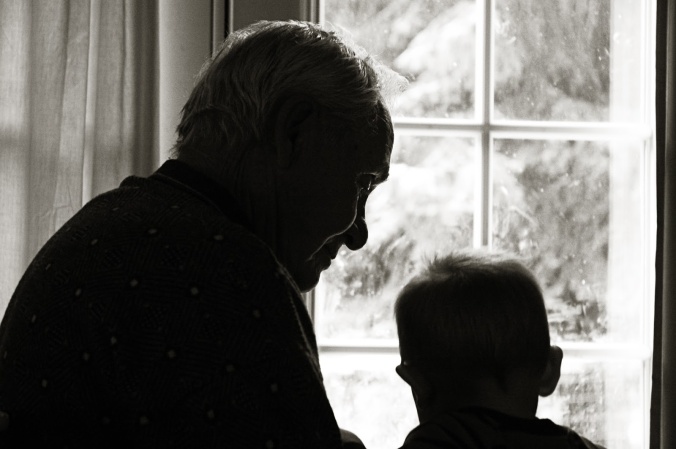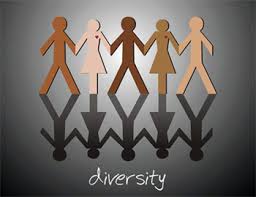This term I had a great opportunity to work with my community partner, New Season Christian Church. Before I used to think church people were religious but working with my community partner I came to realize that they are not religious but they live to preach the good news to all men kind. They do so through love and showing the same grace that was granted to them. They are one of the most down to earth people that I have ever come across to. Working with my community partner showed me how wrong I was about many things in life.
They have been around for a long time. They have people who are really educated with PhDs and masters degrees. Many of them work at the well-known company like intel, Microsoft, apple, the government, and so forth. Looking at them I kept asking myself what was the reason why they would come to church. They told me the church is a hospital for messed up, people. This was true because most of the people who came there to get help were really destroyed physically and internally. This really fascinated me because I always thought Christian were these weird people who are just unethical. But, I came to realize that I and most of the people in this generation are wrong for making that assumption.
For this reason, is why I decided to continue on with this subject of why we need our fathers back for my public project. One thing I learned at my community partner is order. Everything they do is in order, whether at their home or at work. Even in their families, they have a structure, father, mother, and kids. So, I asked them why can’t women be a leader in the house? They answered who told you women are not a leader? They explained and said this generation has gotten everything backward. They gave me a simple example and said physically between man and women who’s stronger? I said a man and they asked me why? I said because they have bigger muscles. Then they told men are the head of the house they have muscles to protect, guide, lead, and serve the family. They are the foundation of the house. If anything in the house is destroyed is because lack to fulfill their responsibility. They also told me that women are also leaders but in a different way. But, for the house to stand you need both men and women to agree. So, I came to see that the reason why there are many divorces, and a broken marriage, and families are because many men have failed to do their responsibility.
The reason why I have written this paper is to try to illuminate people on why we need fathers/men back home. Speaking from a personal experience, we are living in a most confused generation ever. Men are confused if they are men, and women are confused if they are women. We have confused emotional, sympathetic, generation, where people get offend by anything. This is not good for our generation moving forward. I remember growing up my mom always used to be the “homie”, or best friend. Even though I knew I did something wrong I can run to my mom and she will be more emotionally supportive. But, dad was the law enforcer in the house, because if you messed up you had to get the punishment that you deserve and it did not matter how bad it looked. But, he did it all in love. My dad set the standard in the house of how a man supposes to live, act, dress, and even think. So, my dad was my hero someone who I wanted to become like when grew up. He was really tough on us, and that toughness really translated as we have grown into men and women. We can now withstand anything because we have a great authentic foundation. Mom also played a huge role in our lives, but dad got us back in order.
Now looking at people in this generation its just a joke, people do not know how to treat men or a woman. Young men and young women do not know how to be authentic to their gender. According to Children’s Living Arrangements and Characteristics, state that “kids from fatherless homes are more likely to be poor, become involved in drug and alcohol abuse, drop out of school, and suffer from health and emotional problems. Boys are more likely to become involved in crime, and girls are more likely to become pregnant as teens. “This illustrate the result of not having a father in the house. This is not to show that fathers are better than the mother, but they play a vital role in the house.
The U.S. Department of Health and Human Services stated that “children living in female-headed families with no spouse present had a poverty rate of 47.6 percent.” This statement helped me to think back on what my community partners told me. They said poverty sometimes can be the factor of evil in many families. No matter how loving the family is if poverty rules, the future of the family is uncertain. People only think about the poverty of not having food and place to sleep. But, many people are poor in the mind. They have no tradition and are not accountable to anything. Fathers do the dirty work, dig the ground plant the seeds. But, mothers come and water the plants with care and love. This is the reason why we need our fathers back. Their so many young men and young women who are not broken yet, because in order to grow, you have to be broken.
The United States is the world’s leader in incarceration with 2.2 million people currently in prisons, 93.4% of 2.2 are men. This is not safe for a nation moving forward. We do not want to have a nation full people who are educated but do not value life. Studies also show that “Father involvement in schools is associated with the higher likelihood of a student getting mostly A’s.” Once again all these examples are trying to illustrate the importance of the father in our society. Society will not be strong and grow without fathers. I don’t believe that men and women are equal because as an engineering student who have to take chemistry and biology I can prove that this is wrong. Men and women are both special and different. We as a nation we can not afford to put men and women in the same category because it’s like trying to mix water and oil, saying they are the same because they are all liquid. What I want to do in this paper is to illuminate people on how both men and women need to play their authentic role in order to diminish, the poverty, violence, incarceration rate, and increase the well-being of people. No country runs with this country to be stronger and better.
Works Cited
Source: Teachman, Jay D. “The Childhood Living Arrangements of Children and the Characteristics of Their Marriages.” Journal of Family Issues 25 (January 2004): 86-111.
Source: Hendricks, C.S., Cesario, S.K., Murdaugh, C., Gibbons, M.E., Servonsky, E.J., Bobadilla, R.V., Hendricks, D.L., Spencer-Morgan, B., & Tavakoli, A. (2005)
Source: U.S. Department of Health and Human Services; ASEP Issue Brief: Information on Poverty and Income Statistics. September 12, 2012
 by Thanh Nguyen UNST399U
by Thanh Nguyen UNST399U

